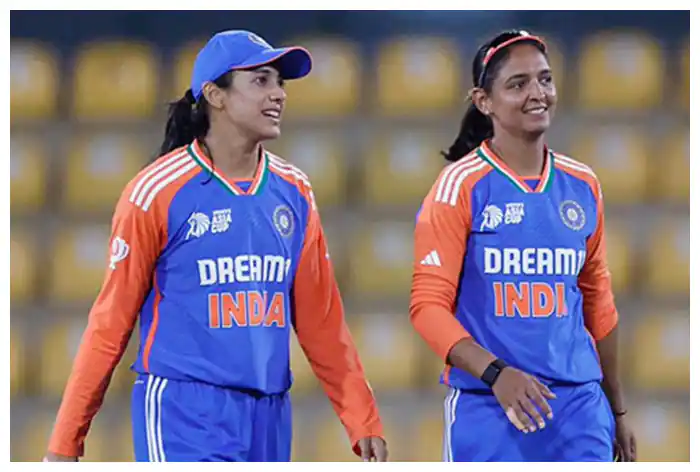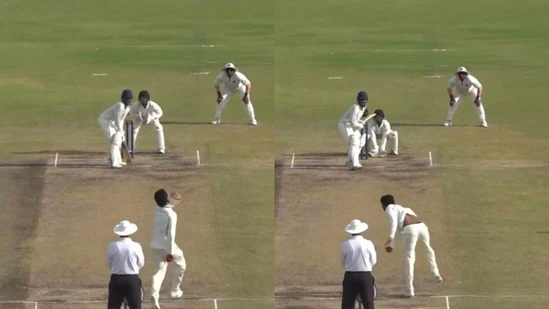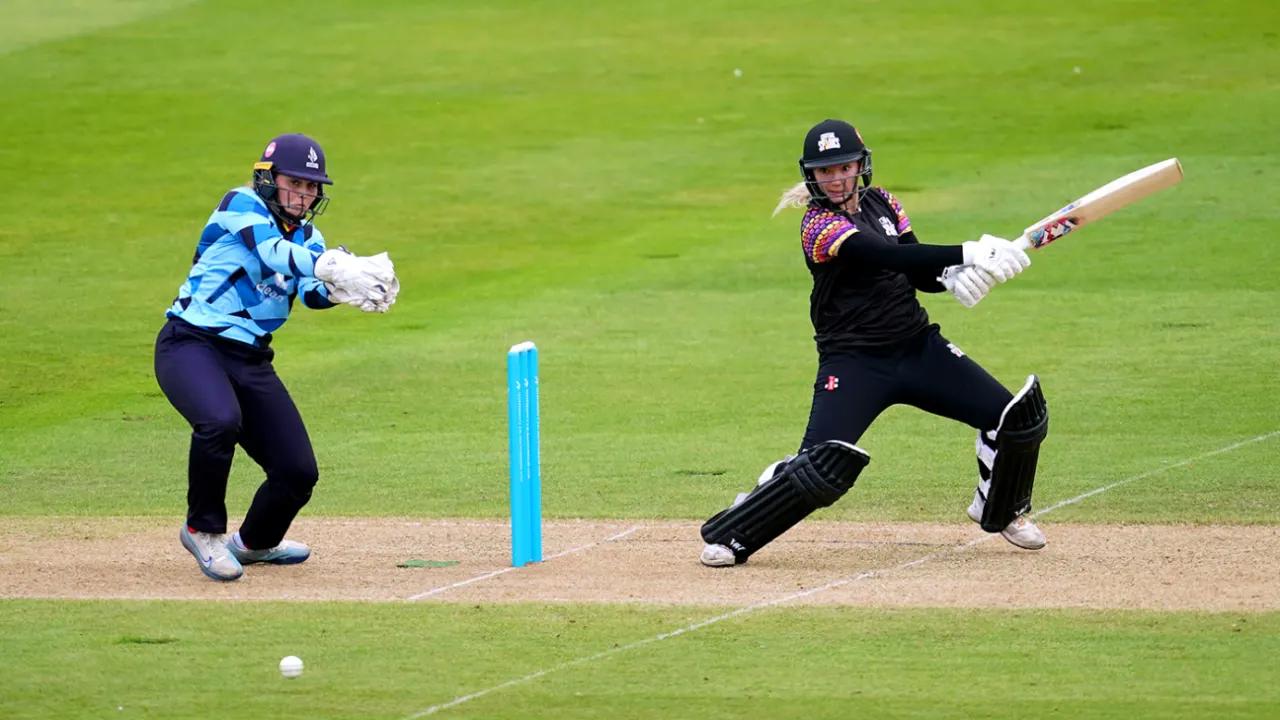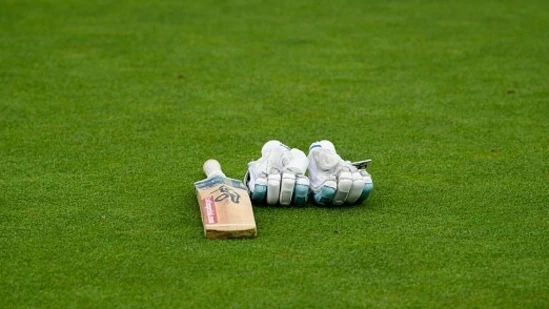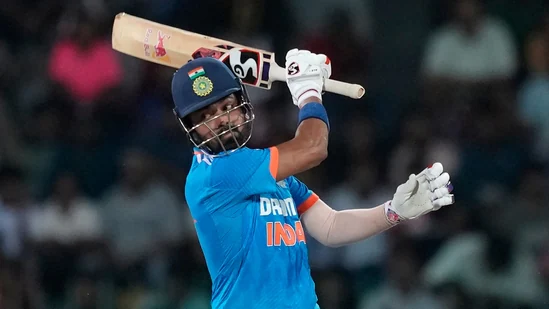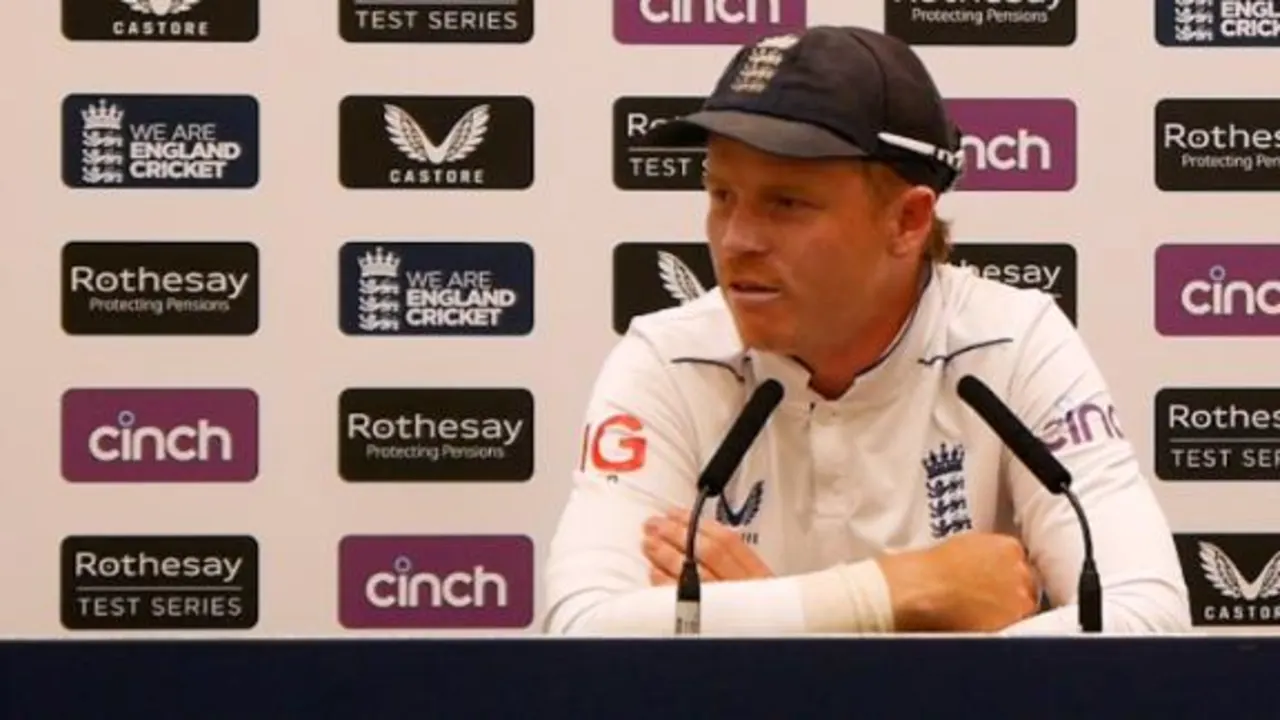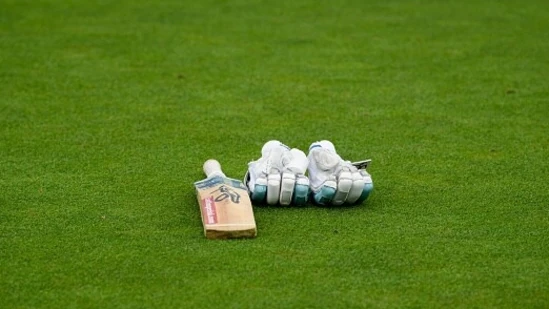India A accused of ball-tampering against Australia A, with Ishan Kishan slamming umpire's decision as 'ridiculous'
India A wicketkeeper Ishan Kishan is currently under investigation for a heated confrontation with umpire Shawn Craig regarding an incident of alleged ball-tampering during the fourth day of the match against Australia A in Mackay. The dispute arose on Sunday at the Great Barrier Reef Arena when Craig noticed noticeable scratch marks on the ball and believed it was due to the actions of the Indian team. Kishan could be facing disciplinary action as a result of this incident.
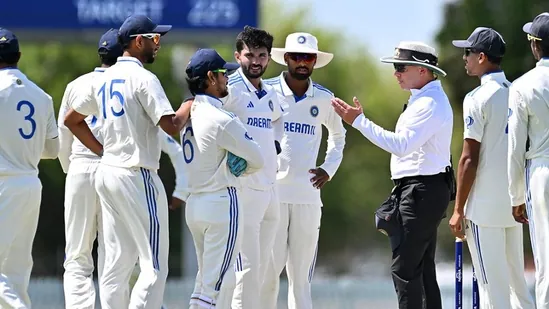
This decision sparked a heated discussion between the players and the officials, with shan expressing his discontent.
Caught on the stump mic, Craig firmly dismissed the Indian team’s queries, stating, “No more discussion, let’s play. This is not a discussion.” Kishan, however, questioned the decision, asking, “So we have to play with this ball? That’s a very stupid decision.”
His comments drew a swift reprimand from Craig, who warned the young wicketkeeper, saying, “Excuse me. You’ll be on report for dissent. That’s inappropriate behaviour.”
Craig did not hold back in implying that India A players had tampered with the ball’s condition, resulting in the mandatory change. He was heard saying, “You scratch it, we change the ball,” and added, “It is because of your actions we changed the ball.”
If it is determined that India A players deliberately altered the ball's condition, Cricket Australia’s code of conduct could impose sanctions on those involved, including potential bans.
What does the rule say?The Cricket Australia code of conduct clearly outlines penalties for actions likely to alter the ball’s condition under Article 2.15.
“Any action(s) likely to alter the condition of the ball which are not specifically permitted under Law 41.3.2 may be regarded as unfair,” the code states. It further clarifies that “umpires shall use their judgment to apply the principle that actions taken to maintain or enhance the condition of the ball, provided no artificial substances are used, shall be permitted. Any actions taken with the purpose of damaging the condition of the ball or accelerating the deterioration of the condition of the ball shall not be permitted.”
The code also places responsibility on the team captain – Ruturaj Gaikwad in this case – if individual players cannot be identified in any breach. “The team captain of the offending side may breach this Article 2.15 if the Player or Player Support Personnel involved in the breach are not able to be identified, or where the breach was planned or systematic to the extent that the team captain either knew, or ought to have known, that the breach was occurring.”
Stay informed with the...RELATED STORIES
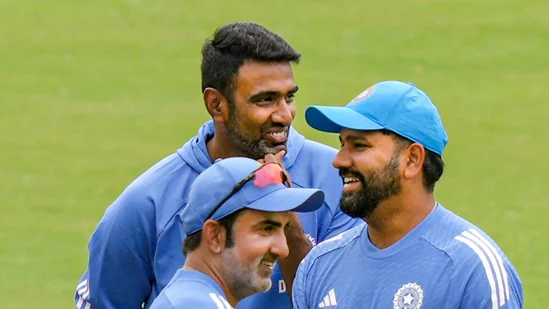
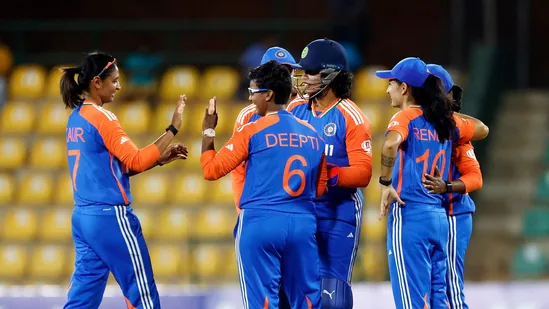




LATEST NEWS

